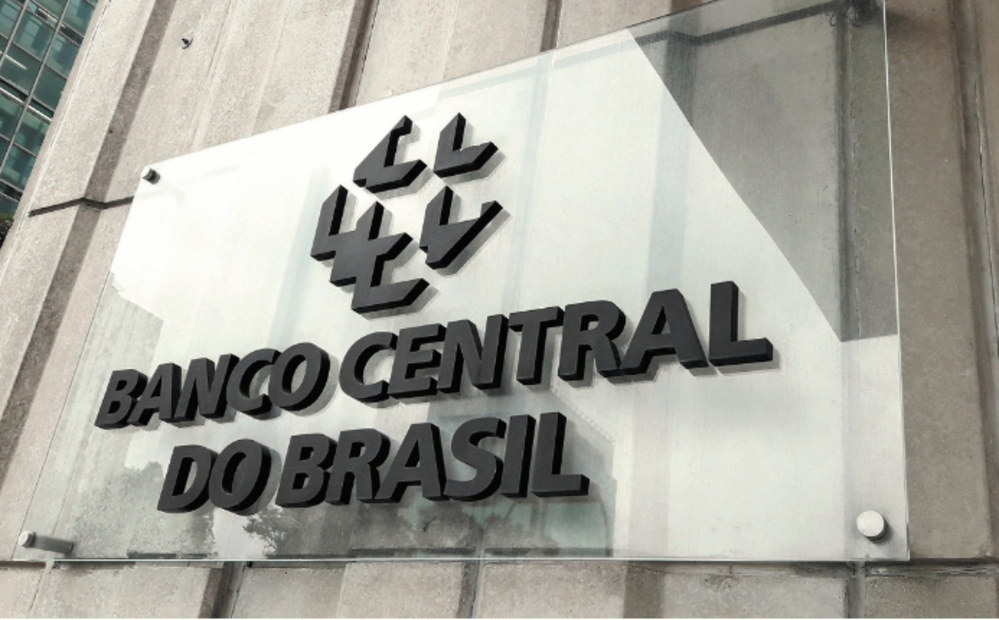Brazil: Central Bank Has No Role in the Regulation of “Bets”

Brazil – April 09, 2025 www.zonadeazar.com During the CPI (Parliamentary Inquiry Commission) on Bets meeting this Tuesday (8), senators and the president of the Central Bank, Gabriel Galípolo, disagreed on the role of the Central Bank regarding financial institutions that process payments for illegal virtual betting companies.
According to the Central Bank, between R$ 20 billion and R$ 30 billion are spent monthly on betting in Brazil. The commission is investigating the impact of online betting on families’ financial health.
Galípolo clarified that oversight and sanctions related to industry regulation are the exclusive responsibility of the Ministry of Finance, including oversight of payment institutions that serve betting platforms. According to him, legislative changes would be necessary to allow the Central Bank to impose fines or block activities that violate regulations.
Central Bank President States That Oversight of Bets Is a Function of the Ministry of Finance
— The Secretariat of Betting Prizes [SPA, under the Ministry of Finance] is the one that determines which betting company is authorized. Once the Central Bank is informed by the SPA, it instructs financial institutions: “You must monitor these companies and stop authorizing their transactions.” The Central Bank does not interrupt transactions; it is the financial institutions that do so.
Senator Izalci Lucas (PL-DF) questioned the notification issued by the SPA to the Central Bank in March regarding 22 payment institutions processing transactions for illegal virtual betting operators — currently, 81 companies are authorized by the SPA. He expressed concern that authorities seem to be avoiding the issue.
— From what I see, there are still no measures in place to curb this activity. It is clear to us that many irregular and illegal operations are taking place.
Galípolo pointed out that the concern arises from the five-year period during which the betting industry operated without regulation. Following 2023, Law 14.790 introduced rules for the sector, which went through an adaptation phase in the second half of 2024. Since January, full regulation has been in place, covering sports betting and online gambling platforms that resemble casinos, such as the so-called “Jogo do Tigrinho.”
Legal Vacuum
Senators Jaques Wagner (PT-BA) and Dr. Hiran (PP-RR), the CPI president, also inquired about the Central Bank’s responsibility in penalizing financial institutions that process payments for illegal bets. Hiran suggested that the commission might propose legislative measures to combat financial transactions for illegal betting.
— We feel there is a legal vacuum. We need more refined legislation to curb this type of activity, which is very harmful to our country’s economy.
Senator Damares Alves (Republicanos-DF) also questioned the Central Bank’s regulations that allow “low-volume” financial institutions to operate with fewer restrictions. In the first CPI meeting, a delegate from the Federal District Civil Police (PCDF) stated that BC resolutions aimed at fostering financial technology firms (fintechs) create loopholes exploited by criminals.
CPI rapporteur, Senator Soraya Thronicke (Podemos-MS), asked Galípolo for recommendations on legal improvements. She noted that investigations have shown that many payment institutions exist solely to serve illegal betting operations.
Money Laundering
Galípolo stated that unauthorized betting companies do not necessarily engage in money laundering or illegal remittances abroad — crimes often associated with illegal gambling. When such offenses occur, the Central Bank acts differently with the financial institutions involved.
— Financial institutions are responsible for identifying signs of potential money laundering. Our role is to supervise and ensure that authorized institutions have protocols in place so that their staff knows what to do. Often, we are not directly involved; instead, these cases go straight to the Financial Activities Control Council (Coaf), the Public Prosecutor’s Office, or the Federal Police.
Study
According to the Central Bank’s Executive Secretary, Rogério Antônio Lucca, betting transactions in 2025 amount to between R$ 20 billion and R$ 30 billion per month, reaffirming previous estimates from late 2024. Of this amount, the Central Bank estimates that around 85% is returned to bettors — a figure that differs from the SPA’s estimate of 93%-94%, as noted by Galípolo.
Lucca explained that with regulation, transaction monitoring has improved, allowing for more accurate data collection.
— These institutions are now required to have a dedicated bank account for such activities and must register under a specific economic classification (CNAE).
In August 2024, a Central Bank study found that approximately R$ 3 billion from the Bolsa Família welfare program had been spent on betting via Pix transactions. Galípolo stated that the study originally aimed to understand why, despite income growth, Brazilians were not saving or increasing consumption.
Galípolo also argued that the Central Bank is not responsible for managing or implementing mechanisms to prevent government aid recipients from using funds for betting. According to him, intervening in such transactions could violate banking secrecy laws.
Financial Education
Juliana Mozachi Sandri, Head of the Central Bank’s Conduct Supervision Department, highlighted the bank’s financial education initiatives, such as informing the public that betting is not a form of investment.
The Central Bank promotes financial literacy in schools through the Aprender Valor program and a partnership with the Brazilian Federation of Banks (Febraban). Additionally, it uses social media to educate citizens.
— The Central Bank is leveraging multiple communication channels, such as Instagram and other social media, to provide financial education and clarify its role, operations, and key precautions citizens should take in a simple and accessible manner.
Source: Agência Senado